How do I handle taxes and reporting income from my Airbnb rentals?
When it comes to dealing with taxes and reporting income from your Airbnb rentals in Australia, here are some important steps to consider.
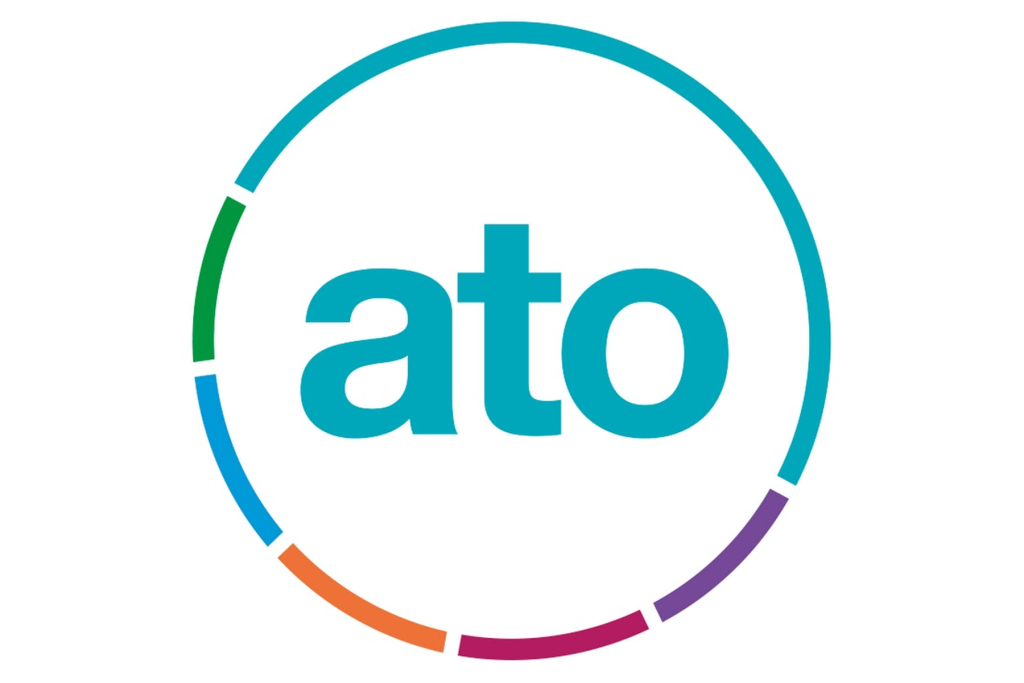
Understand your tax obligations
Familiarise yourself with the tax laws and regulations that apply to short-term rental income in Australia. The Australian Taxation Office (ATO) provides information and guidance on tax obligations for property rental income.
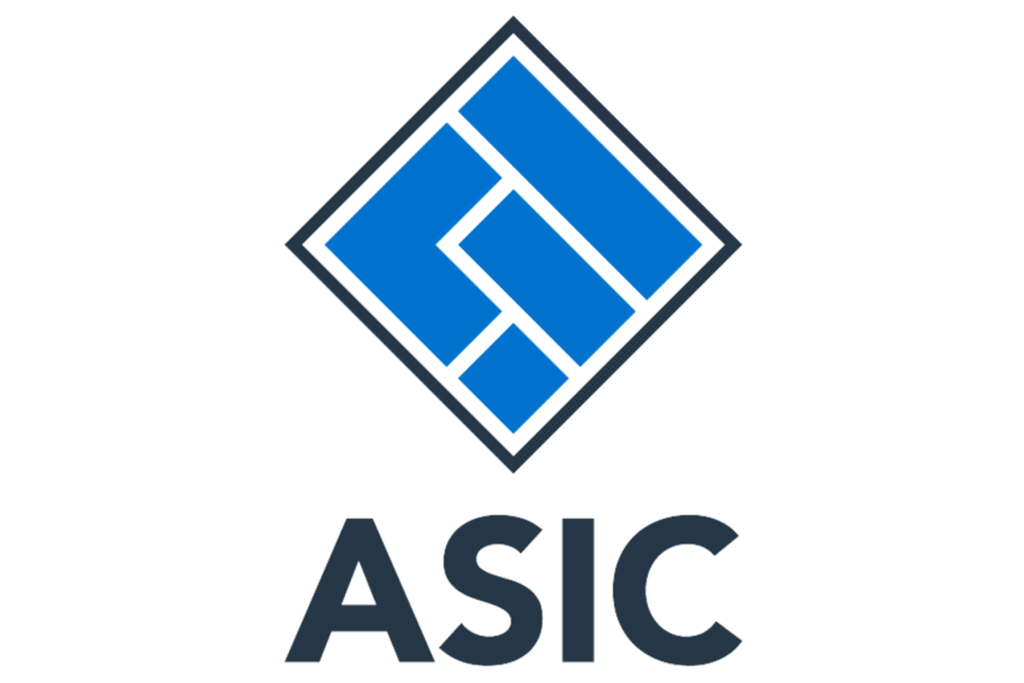
Apply for an Australian Business Number (ABN)
If you run your Airbnb rental as a business, it is advisable to register for an ABN. This is not compulsory for individuals who occasionally rent out their own home, but it can have tax benefits and make it easier to manage your rental income – talk to your accountant and follow their advice.
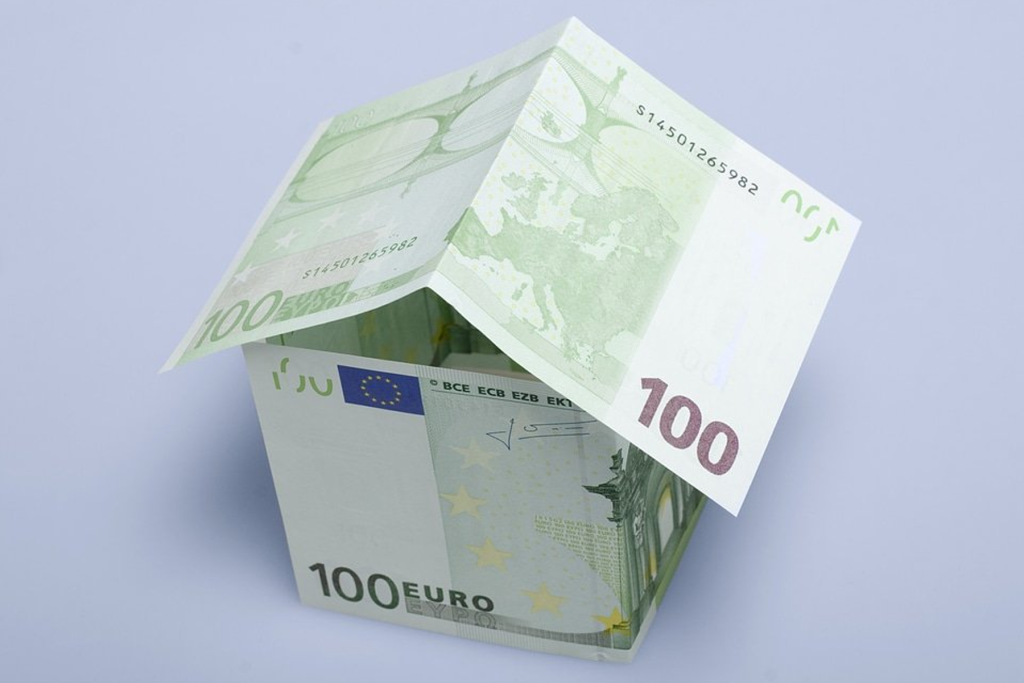
Declare rental income
Declare your rental income from Airbnb on your tax return. In Australia, rental income should be declared as part of your personal tax return, specifically in the rental income and expenses section.
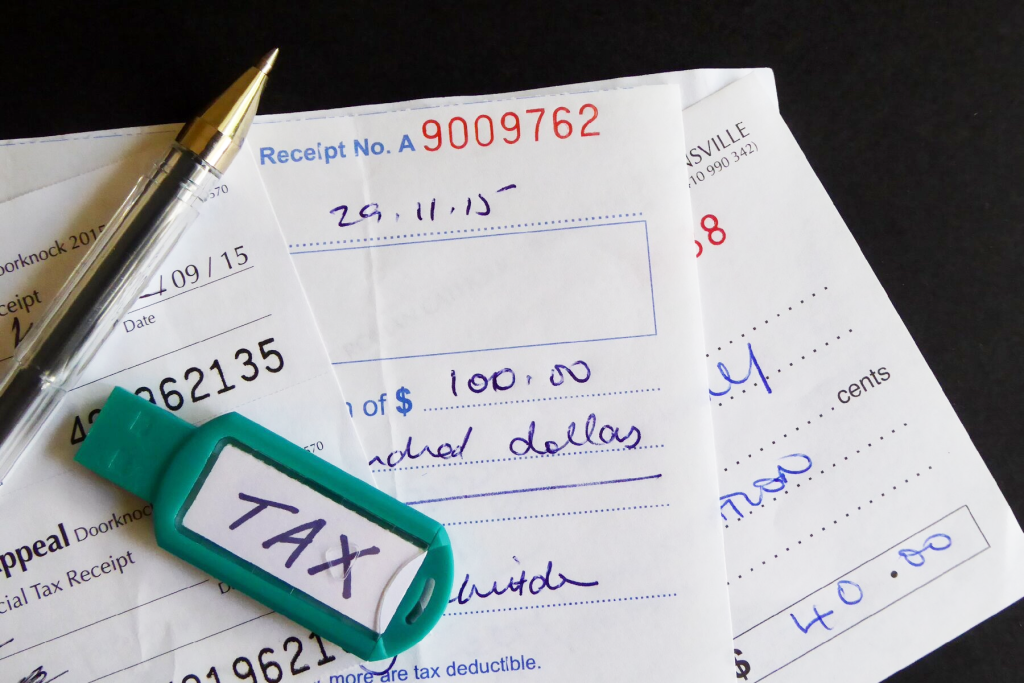
Claim deductions
Keep track of all eligible expenses and deductions related to your rental property. These may include mortgage interest, property management fees, cleaning costs, repairs and maintenance, insurance premiums, council tax, utilities and depreciation. These expenses can be used to offset your rental income and reduce your taxable income.
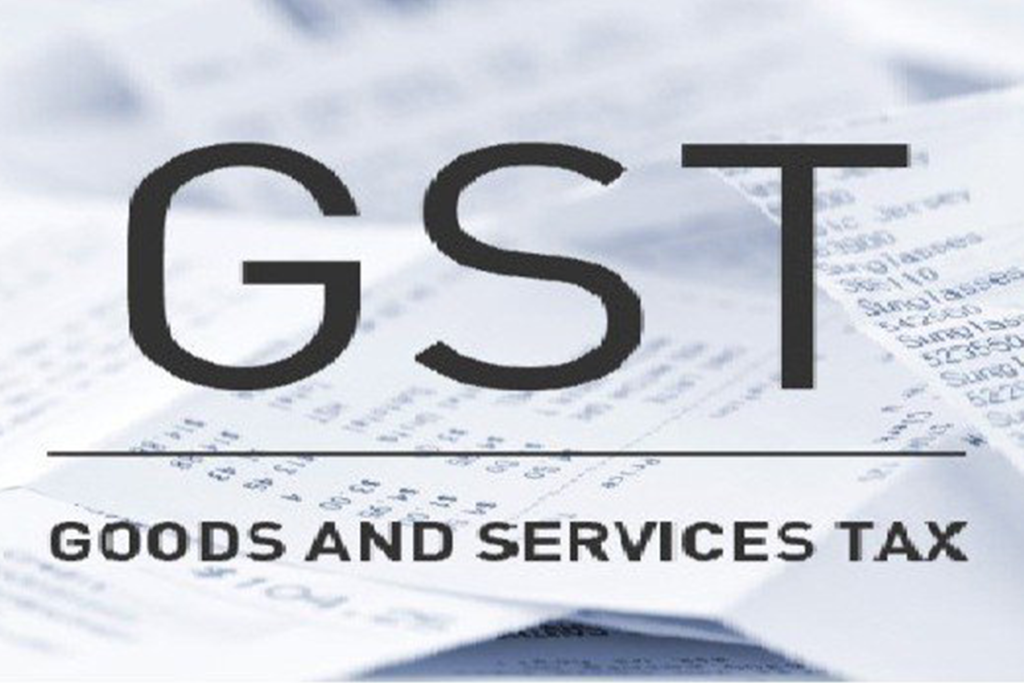
Understand Goods and Services Tax (GST)
If your rental income exceeds the GST threshold (currently A$75,000 per annum), you may be required to register for GST. This means you will be required to calculate and pay GST on your rental income to the ATO. Consult a tax professional to determine whether you meet the requirements for GST registration.
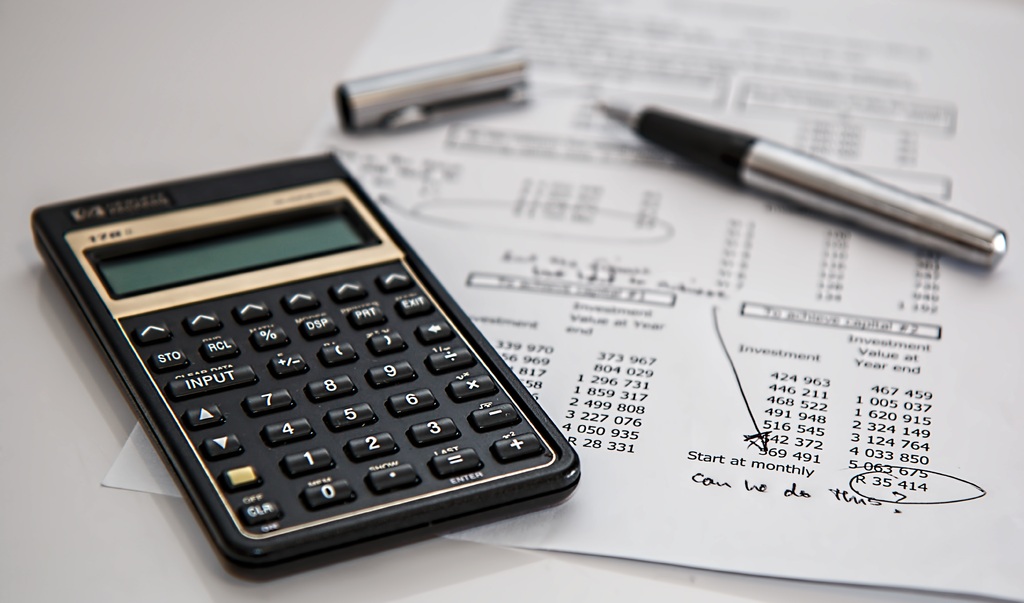
Keep accurate records
Keep detailed records of your rental income, expenses and any supporting documentation. This includes records of Airbnb booking receipts, rental agreements, expense receipts and bank statements. Good record keeping is essential for accurate reporting and to support any claims you make.
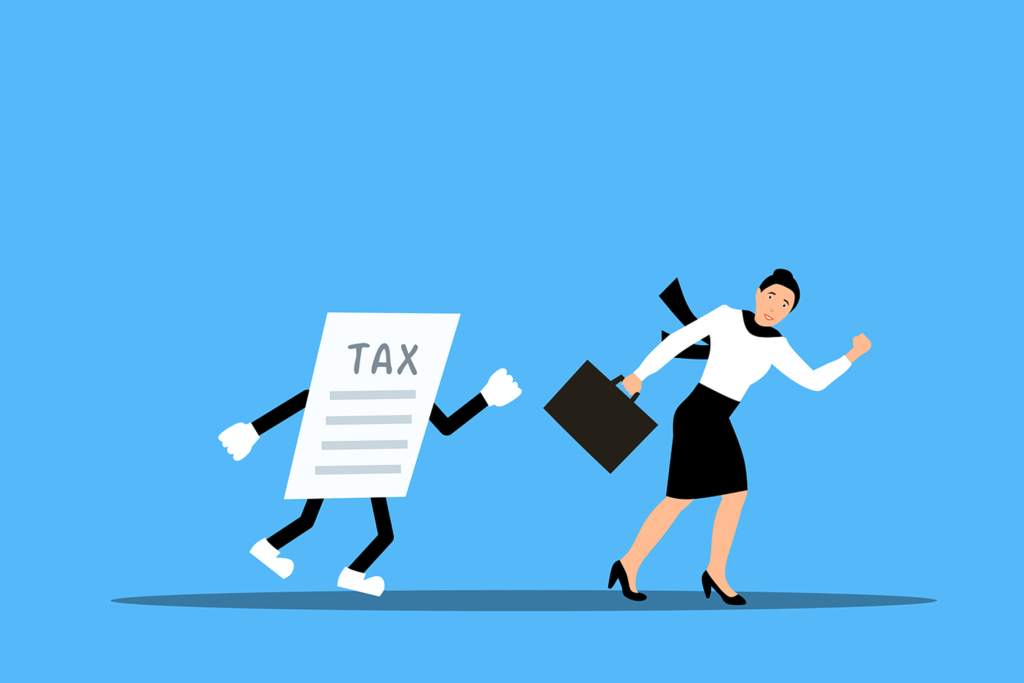
File your tax return
File your annual tax return on time, usually by 31 October for individuals in Australia. Make sure you include all the necessary information about your rental income and deductions.

Seek professional advice
Consider consulting a tax professional or accountant who specialises in rental property taxation to ensure you comply with all tax requirements and take advantage of any available deductions or benefits.

Stay informed
Keep up to date with any changes to tax laws or regulations that may affect your short-term rental business. The ATO website, publications and newsletters are reliable sources of information, as is your accountant.
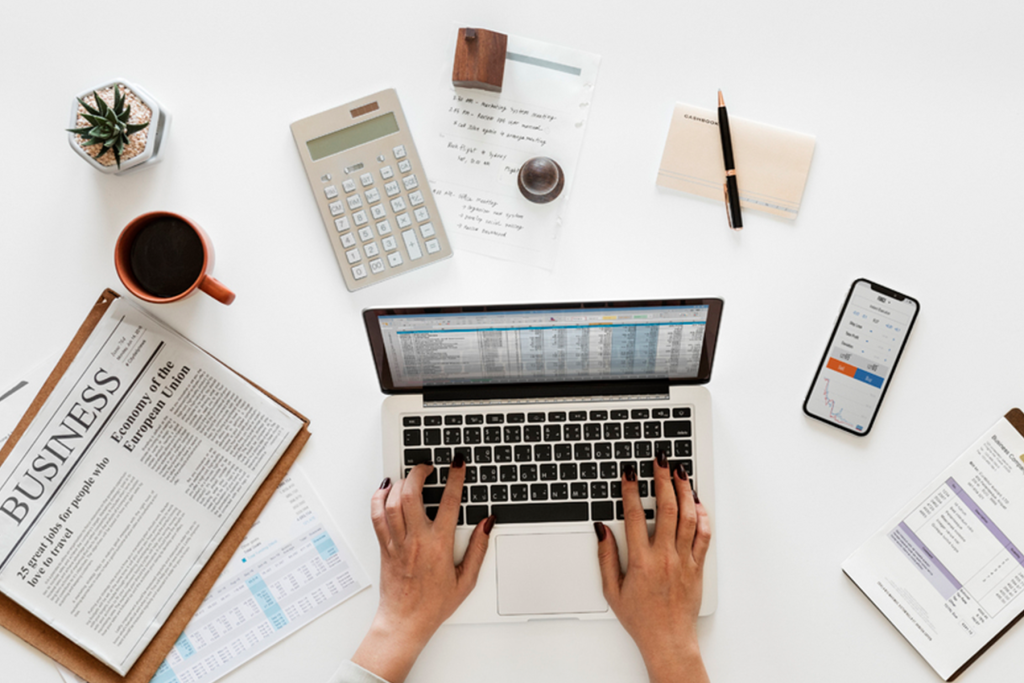
Tax obligations vary
Remember that tax obligations may vary depending on your specific circumstances, so it’s important to seek personalised advice from a tax professional that is familiar with Australian tax laws and regulations. They can provide tailored advice based on your situation and help you meet your tax obligations accurately and efficiently.
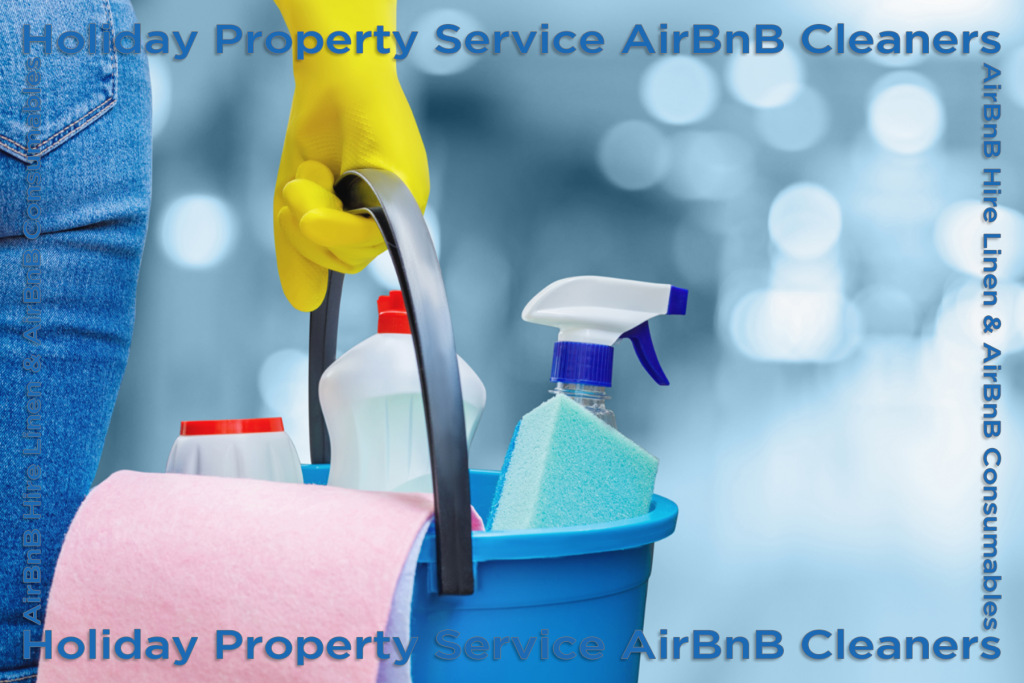
Holiday Property Service is an Airbnb Gold Coast Cleaner
Offload the burden of managing the cleaning of your AirBnB rental property onto our capable teams, ensuring a hassle-free experience. Holiday Property Service provides cleaners for Gold Coast AirBnB holiday homes in the short stay rental market, as well as throughout south east Queensland, including but not limited to Brisbane, Toowoomba and Sunshine Coast.
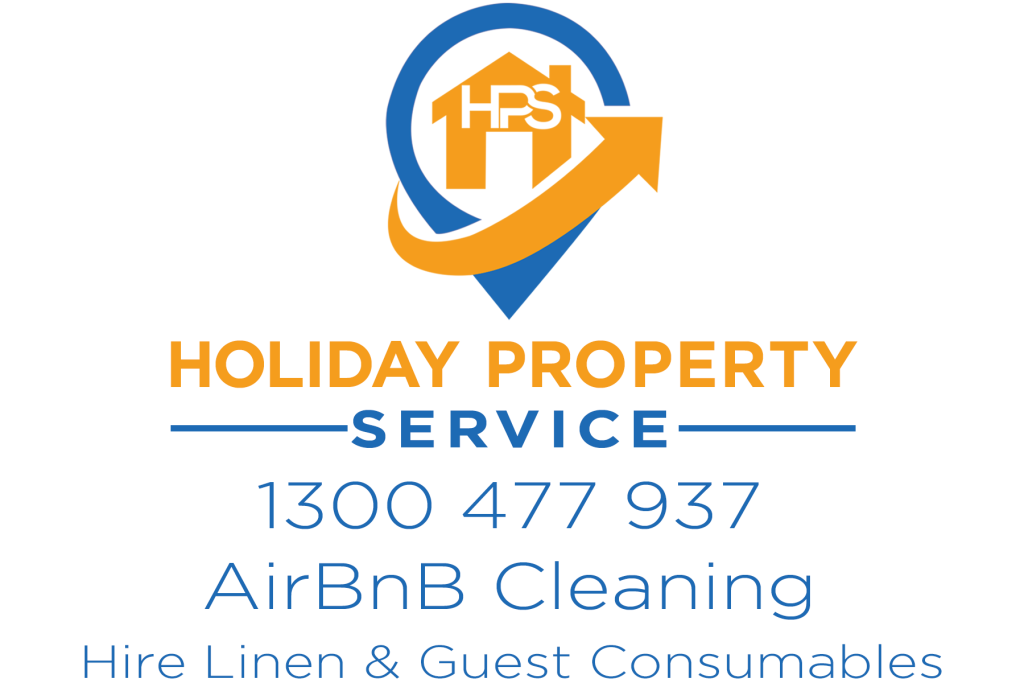
Contact Us
Enquire today and let’s chat about your AirBnB holiday rental accommodation cleaning and short stay hire linen requirements, as well as your need for guest accommodation consumables and supplies:
1300 477 937 or hello@holidaypropertyservice.com.au
Next Article: What safety and security measures should I implement for my AirBnB rental property?
Return to: Resources and Articles


